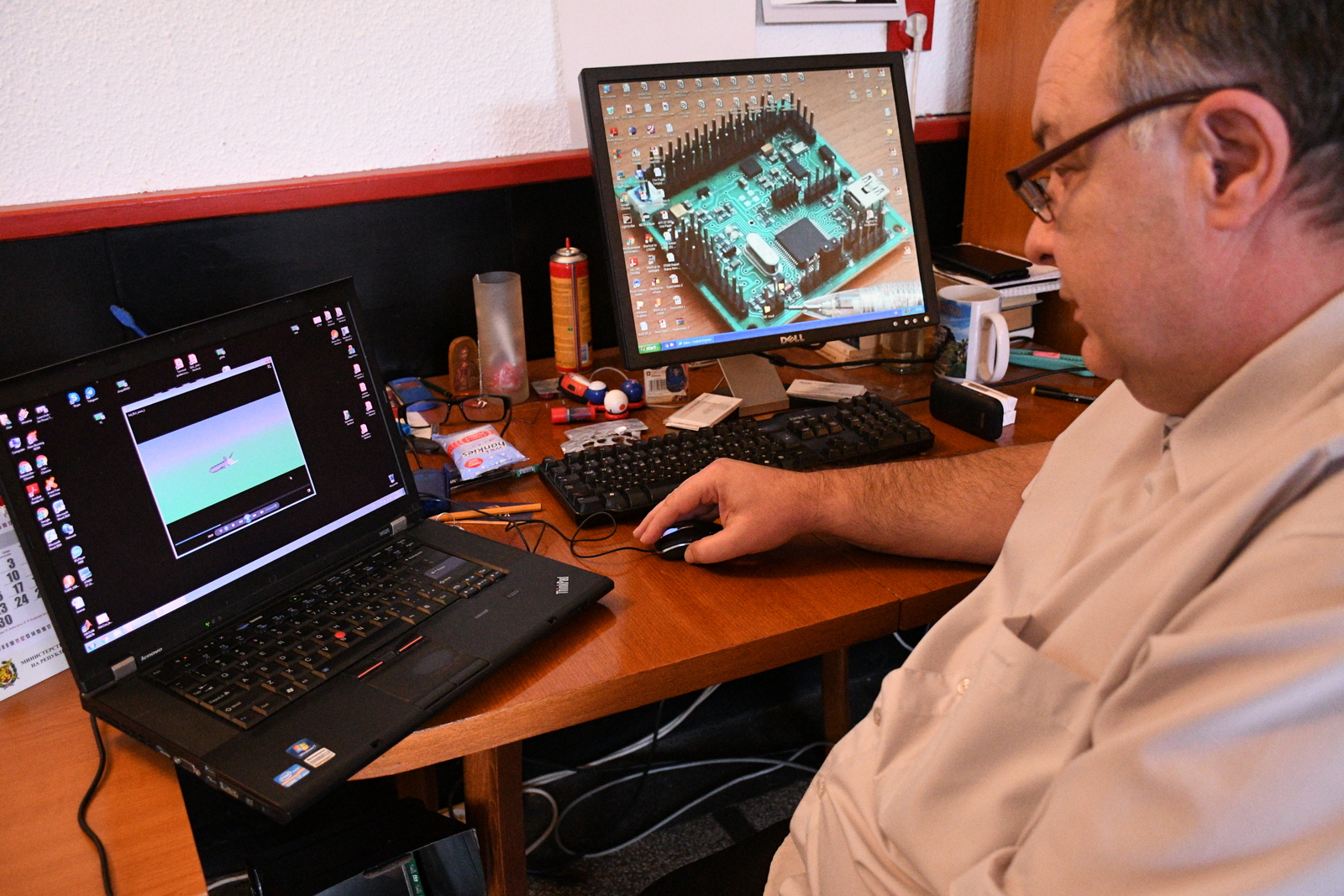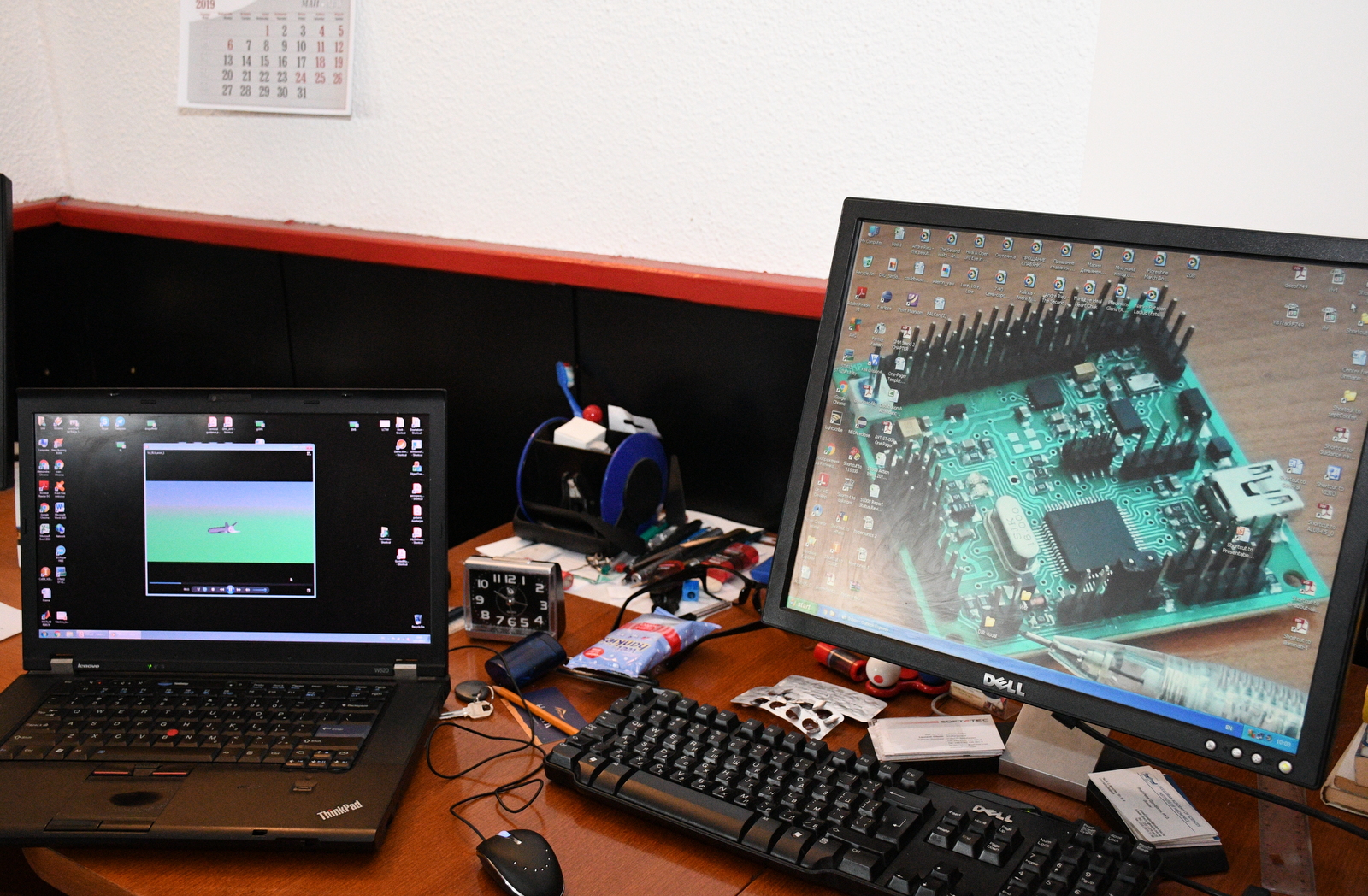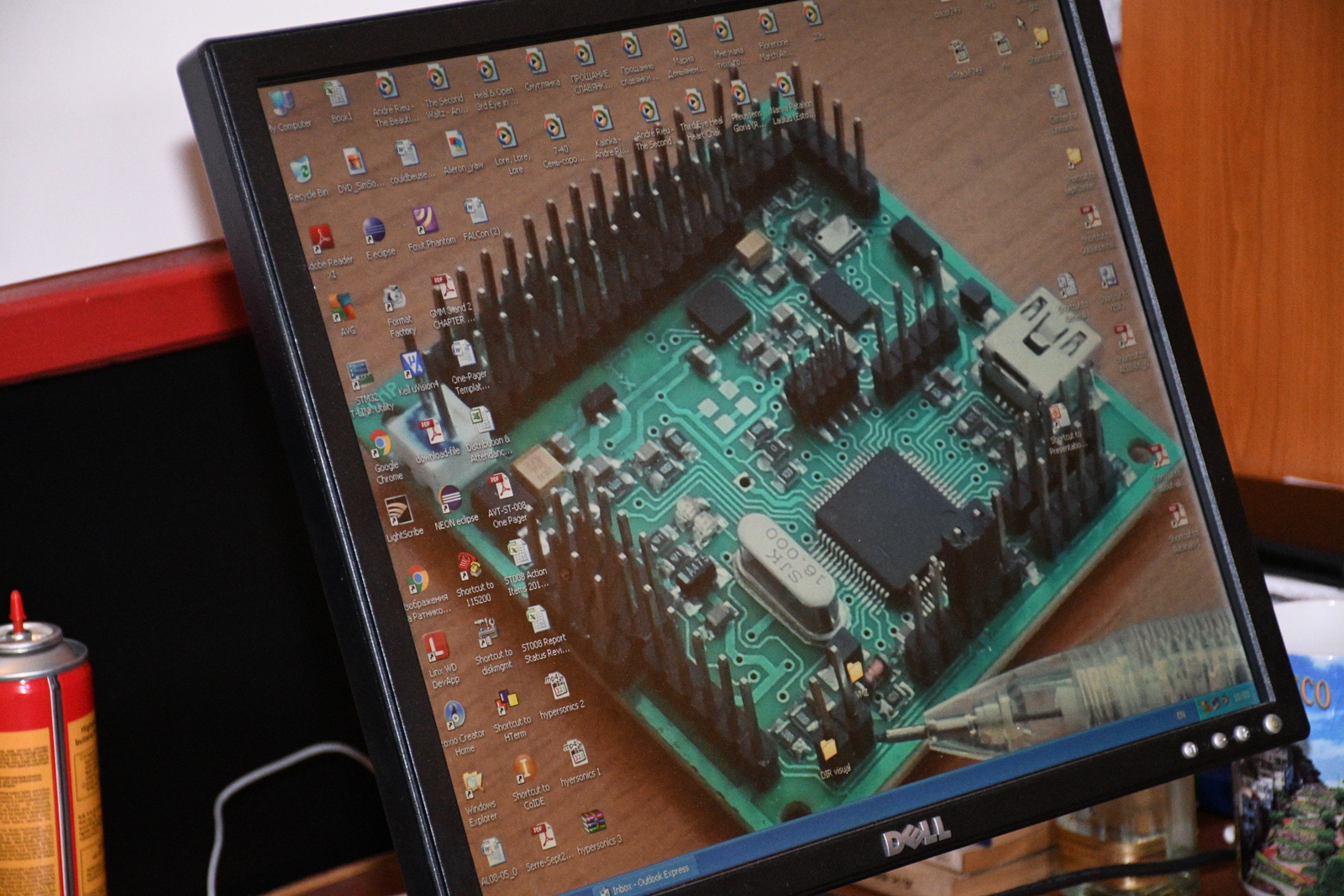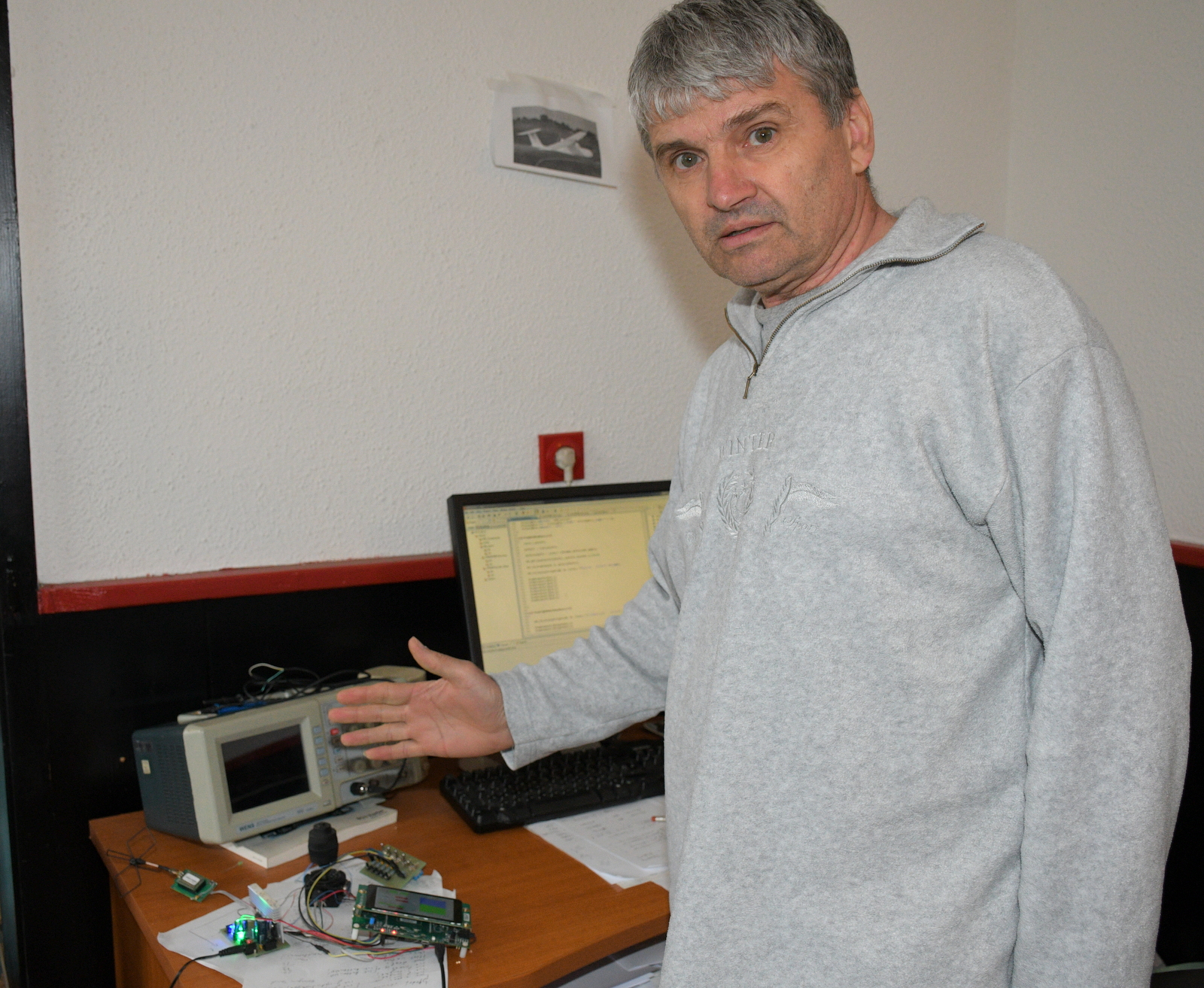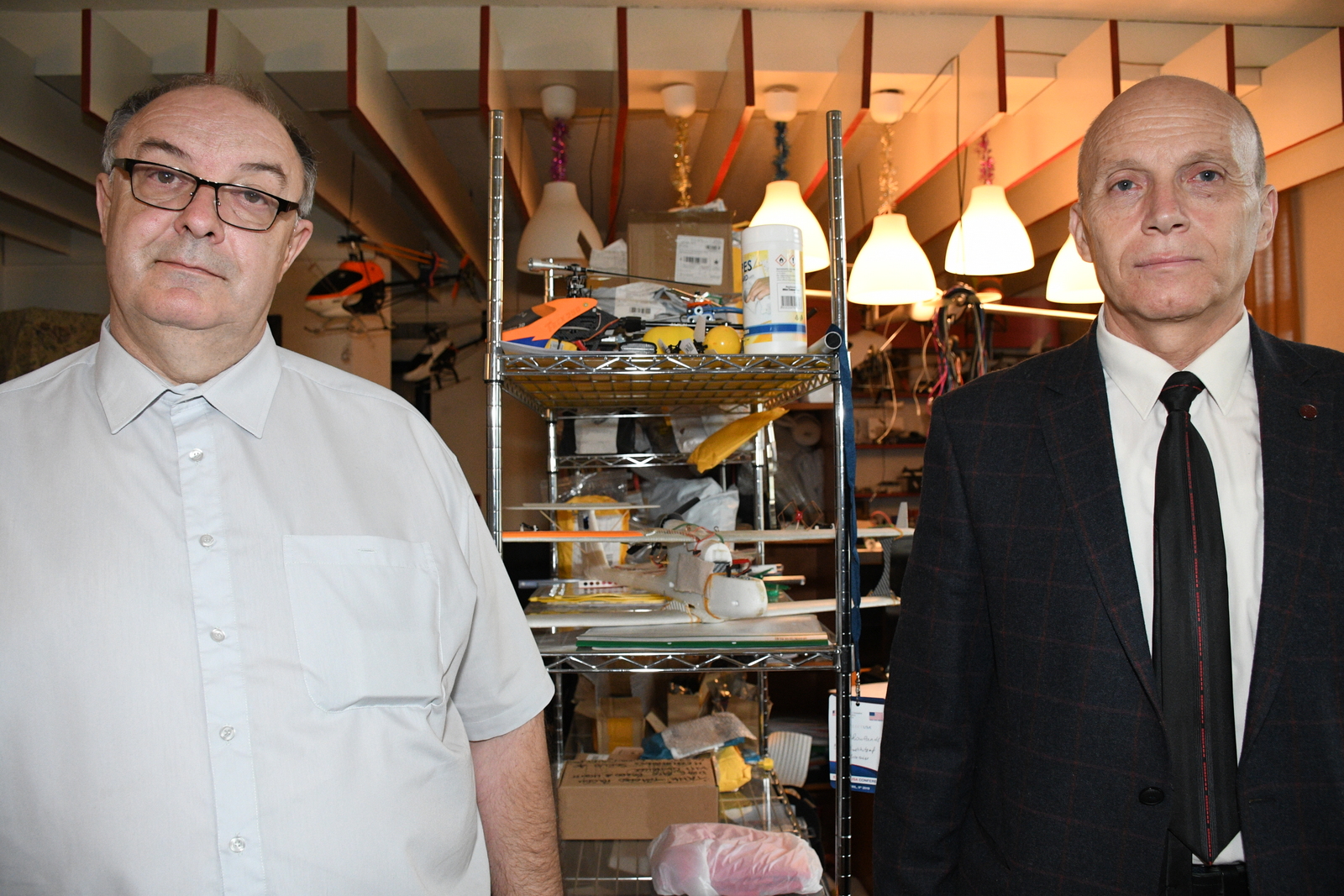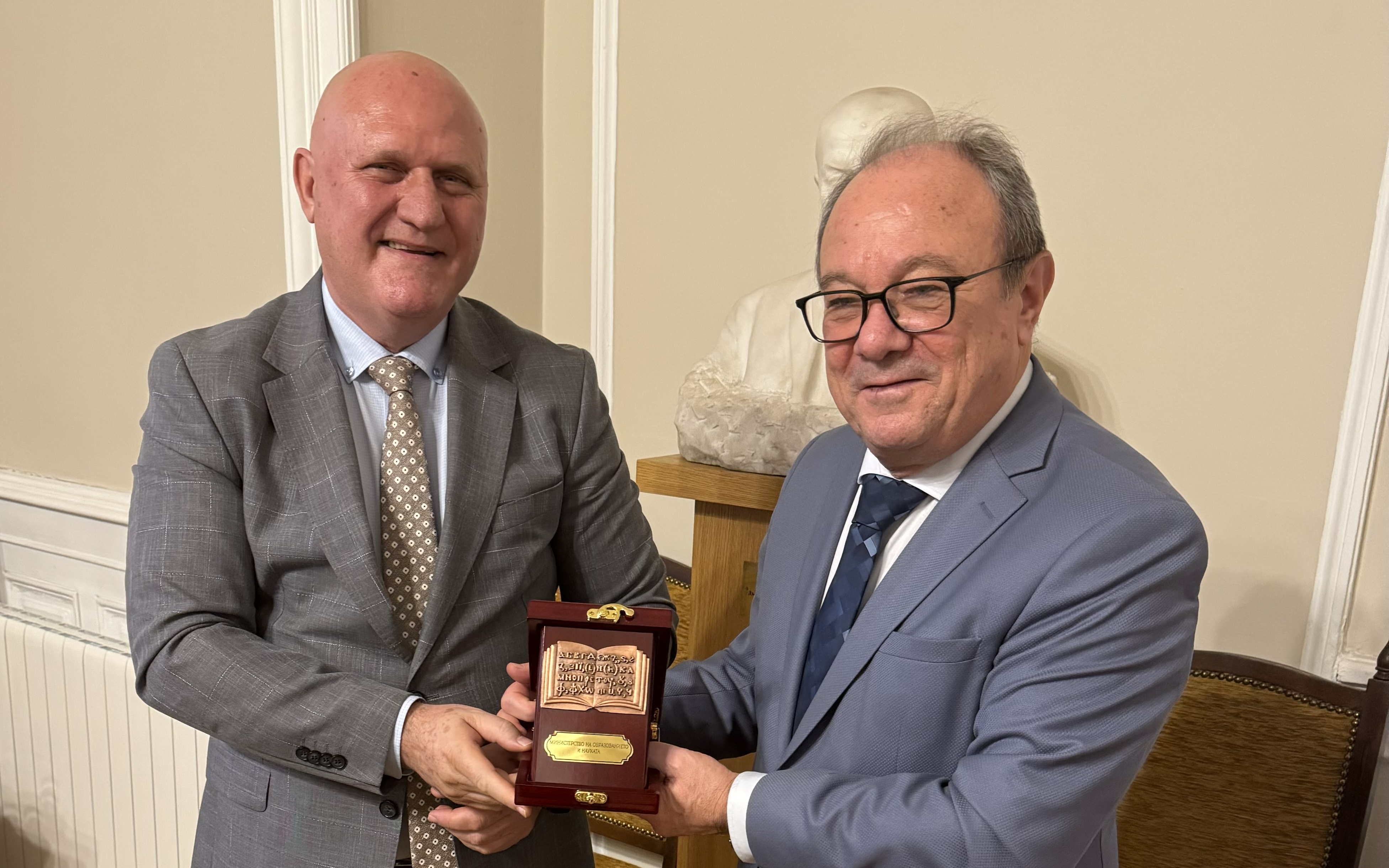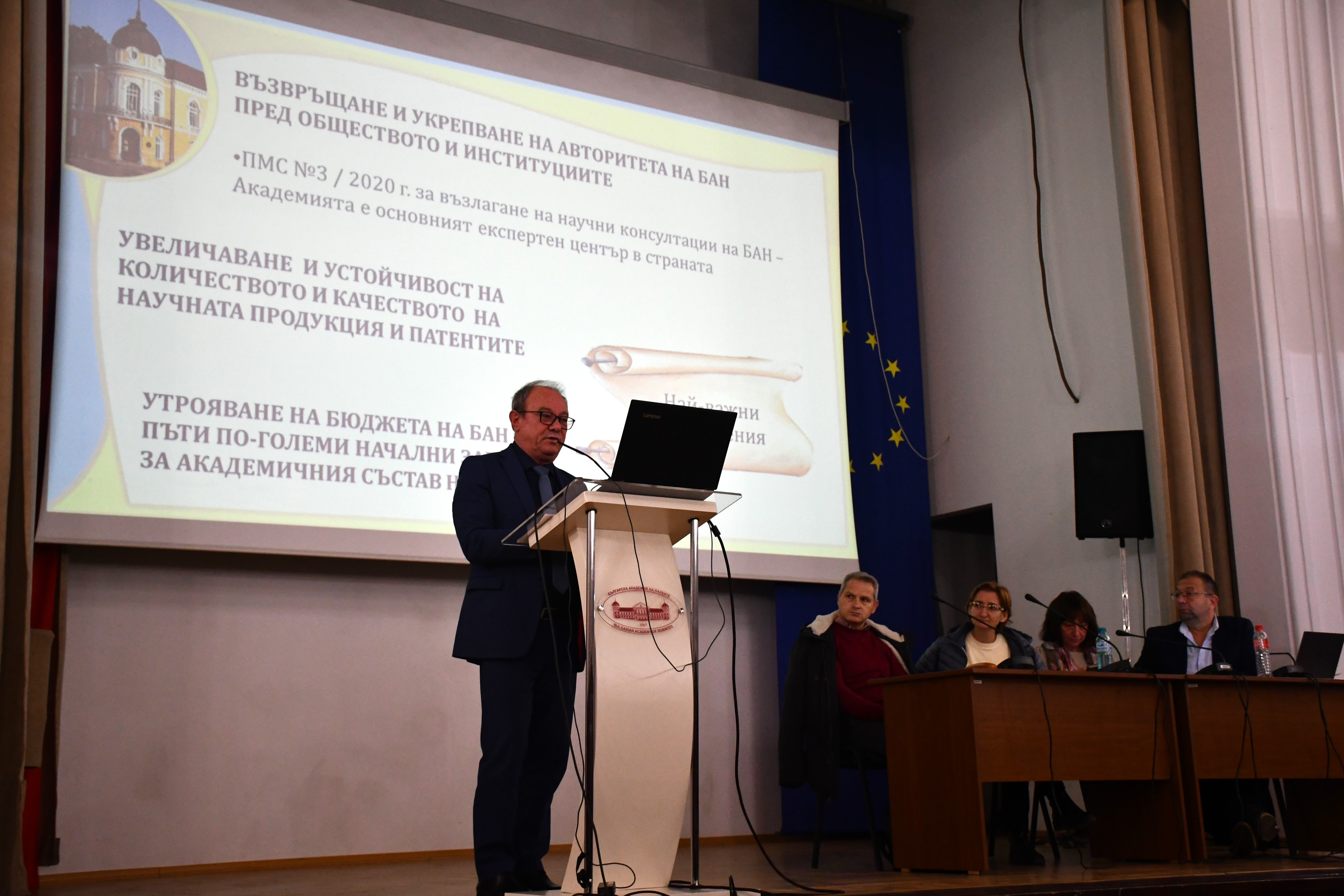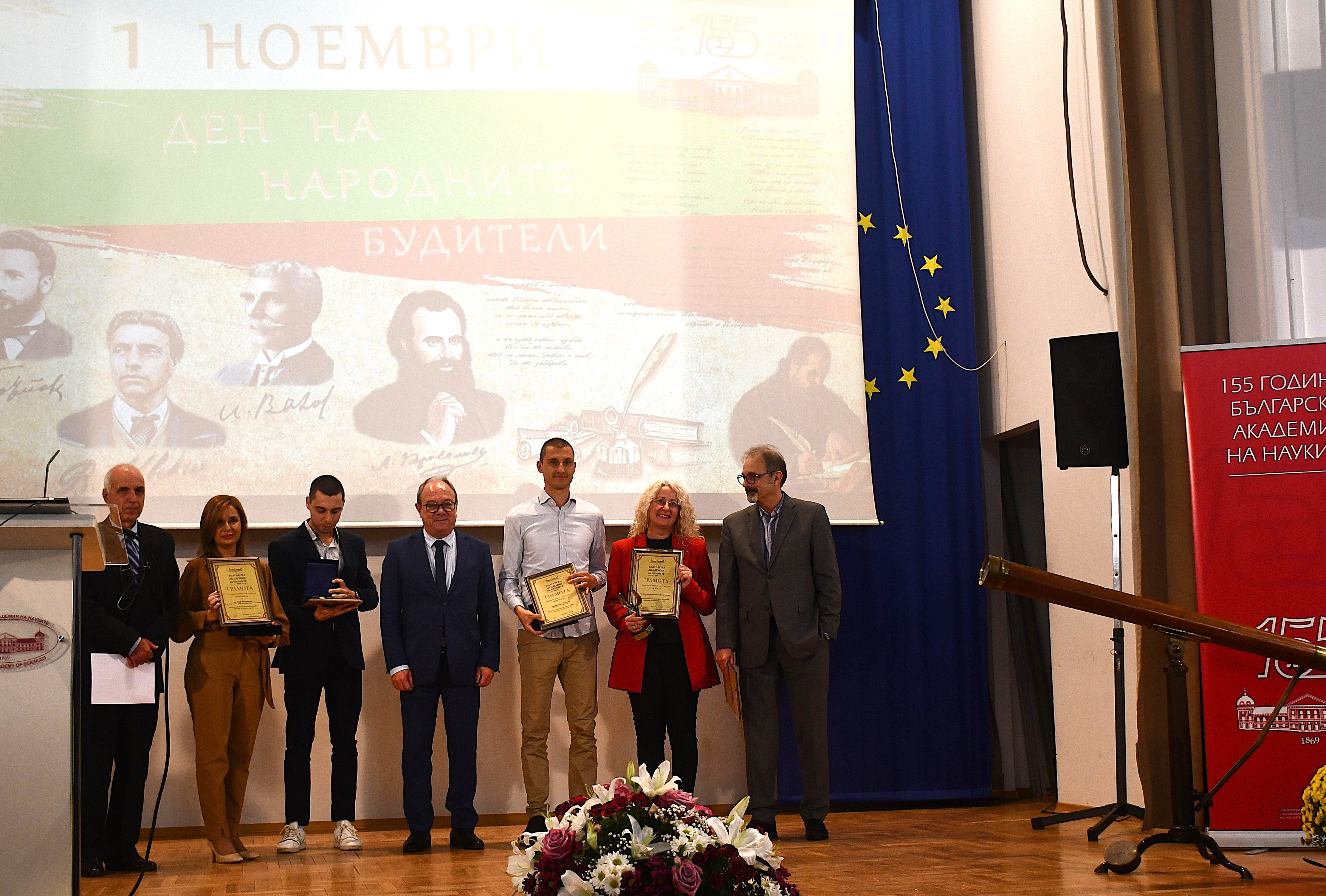The European FALCon project is competing the attempts to “recycle” rockets of American SpaceX and Blue Origin
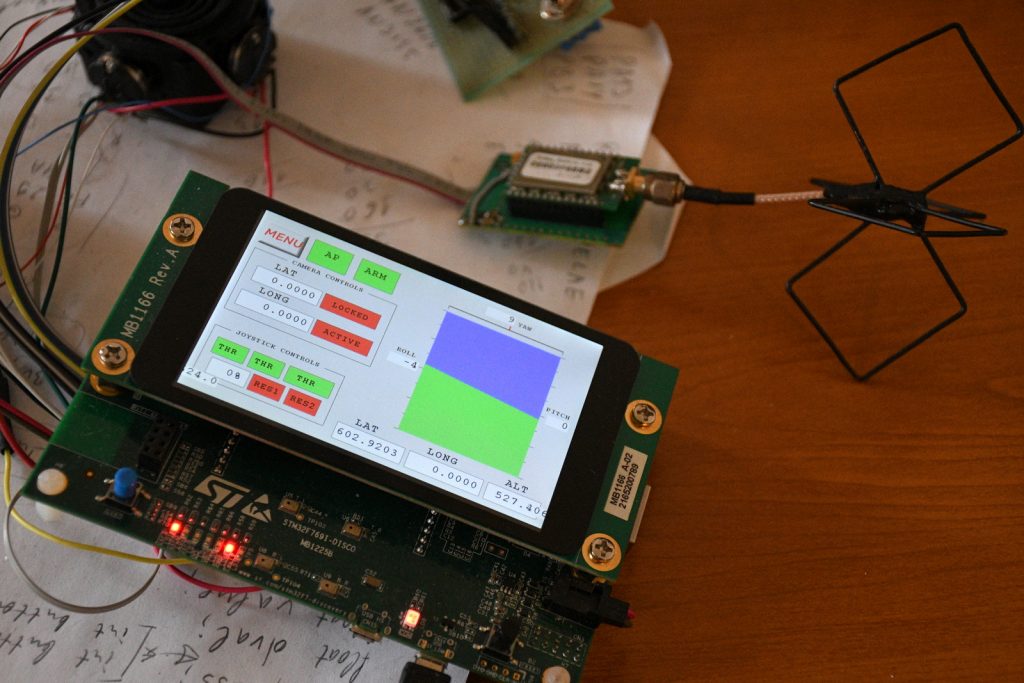 Scientists from the Institute of Mechanics of BAS (IMEch-BAS) are working on creating a multiple-use rocket stage that will be cheaper, safer for the environment and more efficient than existing US “rocket recycling” developments.
Scientists from the Institute of Mechanics of BAS (IMEch-BAS) are working on creating a multiple-use rocket stage that will be cheaper, safer for the environment and more efficient than existing US “rocket recycling” developments.
Bulgarian scientists are part of the European project FALCon (“Formation flight for in-Air Launcher 1st stage Capturing demonstration”) involving six partner organizations from Germany, Austria, Spain, Belgium and Romania led by the German Aerospace Center DLR. Over the next three years, the project is provided with 2.7 million Euros funding by the EU’s Horizon 2020 Research and Innovation Program.
At present, much of the rockets and components used are simply thrown into or around the atmosphere and even found, in most cases are in poor condition and cannot be restored for reuse. This makes space flights extremely expensive and harmful to the environment. The only exception was NASA space shuttles developed in the 1970s but after a series of breakdowns, flights were terminated in 2011. In recent years, SpaceX and Blue Origin companies of the billionaires Elon Musk and Jeff Bezos are attempting to vertically land the first stage of the rocket on a special site to allow its re-use.
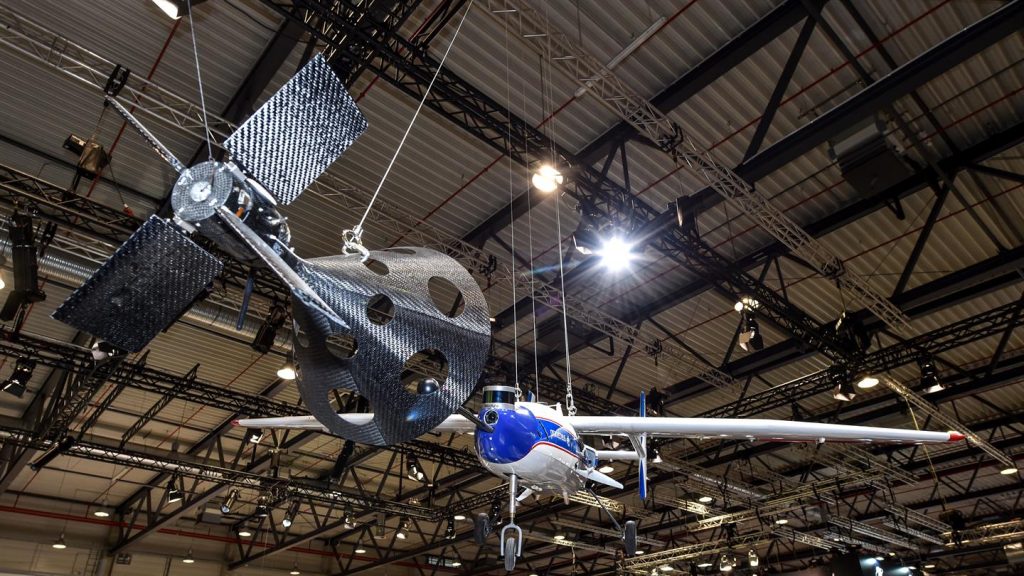 The European project is even more innovative – it envisages, on descent to Earth, the rocket stage to be captured in the air. “After its separation and entry into the atmosphere, the control system and its wings allow descent in a gliding trajectory. At a certain altitude, a specially designed small unmanned airplane fitted with a rope and coupling device captures the gliding rocket stage and tows it to a suitable location on Earth which could be found thousands of kilometers from the starting position of the space rocket. There the rocket stage is released and lands independently as an “uncrewed” light aircraft, explained the project manager at IMEch-BAS, Associate Professor Valentin Penev.
The European project is even more innovative – it envisages, on descent to Earth, the rocket stage to be captured in the air. “After its separation and entry into the atmosphere, the control system and its wings allow descent in a gliding trajectory. At a certain altitude, a specially designed small unmanned airplane fitted with a rope and coupling device captures the gliding rocket stage and tows it to a suitable location on Earth which could be found thousands of kilometers from the starting position of the space rocket. There the rocket stage is released and lands independently as an “uncrewed” light aircraft, explained the project manager at IMEch-BAS, Associate Professor Valentin Penev.
The European development has three control systems that work in sync: the airplane, the coupling device and the rocket stage. Initial tests will be done with scale models.
“Our approach is different from that in the US. Its main advantage is that there is no fuel or engines in the gliding rocket stage. In this way, it can launch a bigger load into space,” said Assoc. Prof. Penev. In addition, in this concept, the size and starting weight of the spacecrafts can be reduced, which, together with their multiple use, greatly reduces costs.
More information can be obtained from the official website of the project – FalCon;
https://www.dlr.de/dlr/en/desktopdefault.aspx/tabid-10081/151_read-32789/#/gallery/33769


